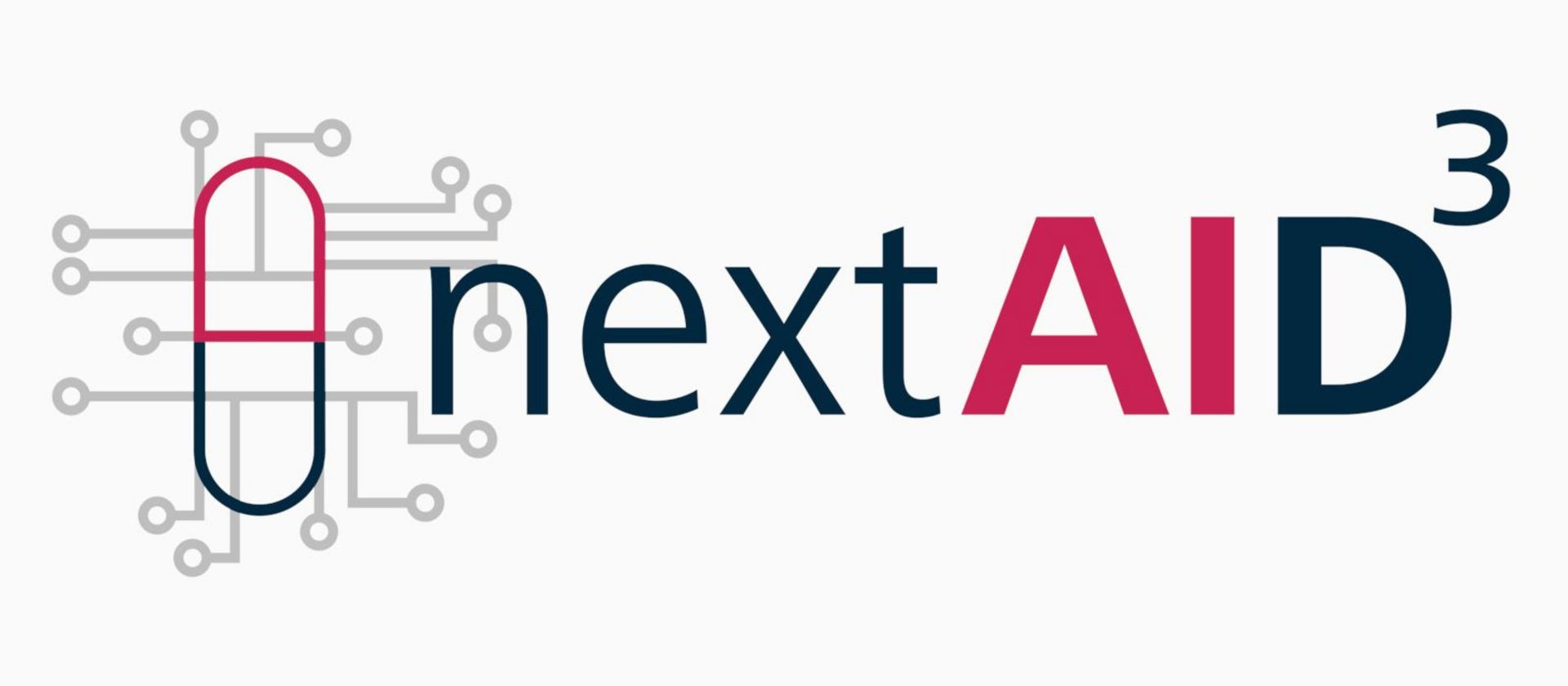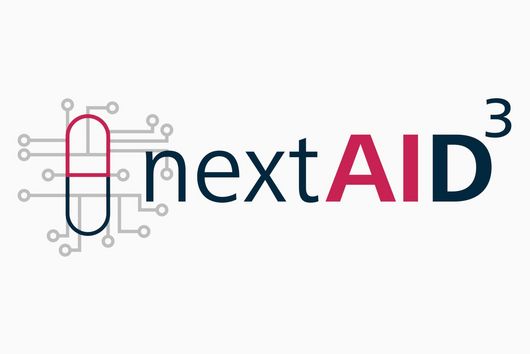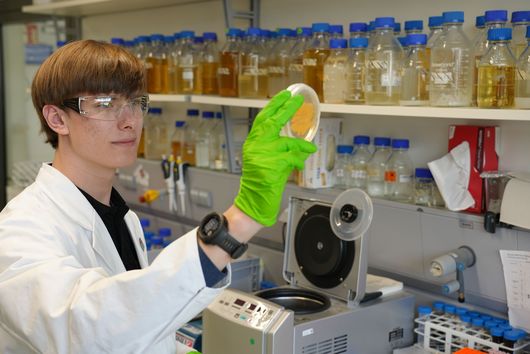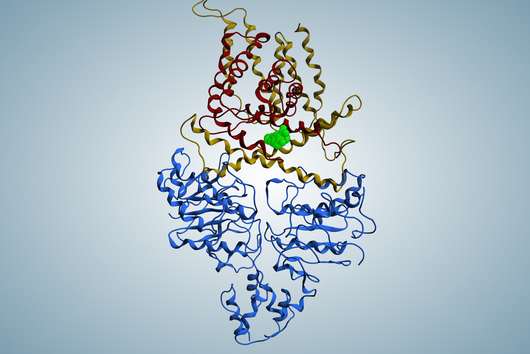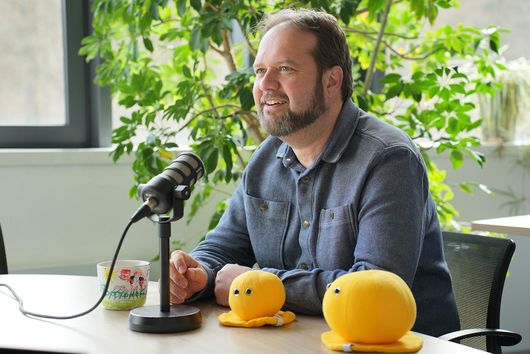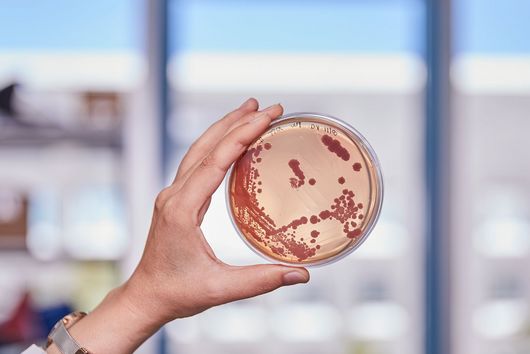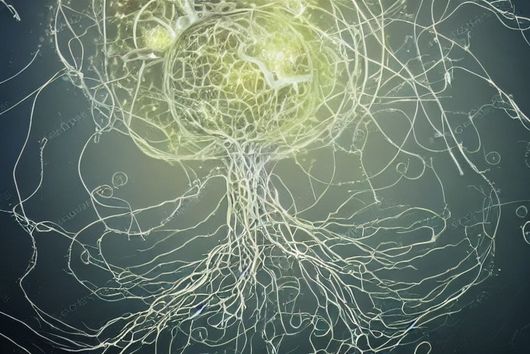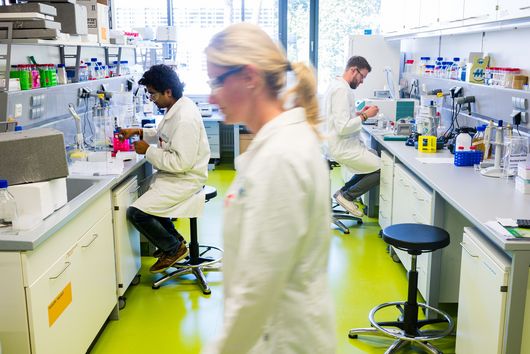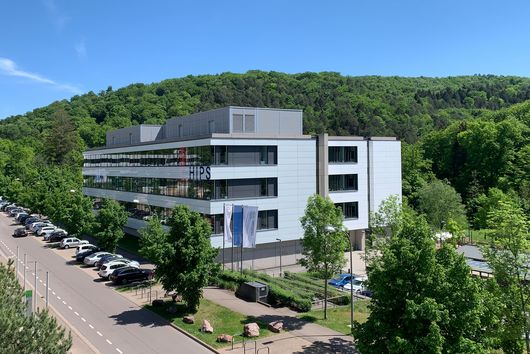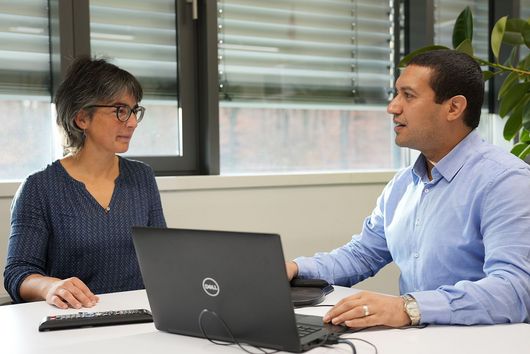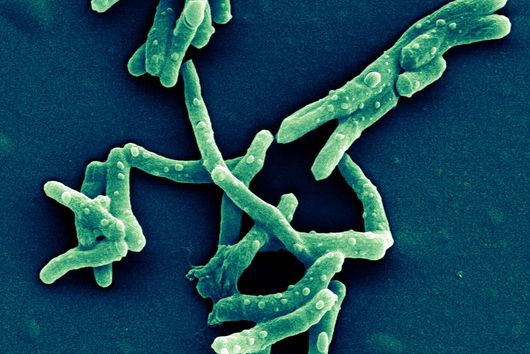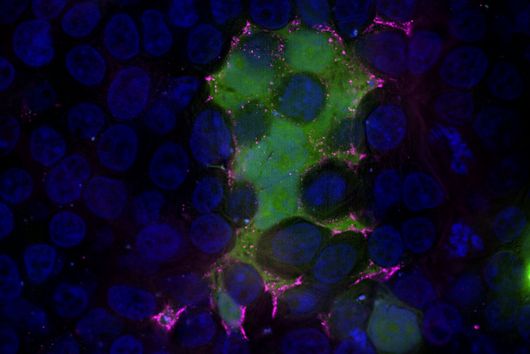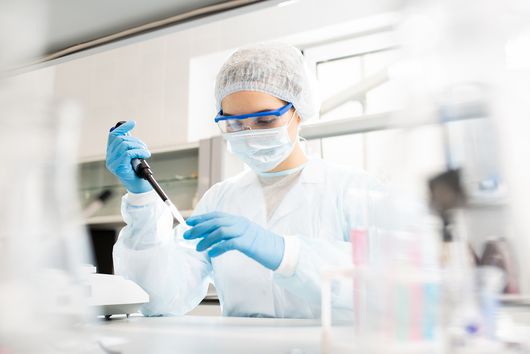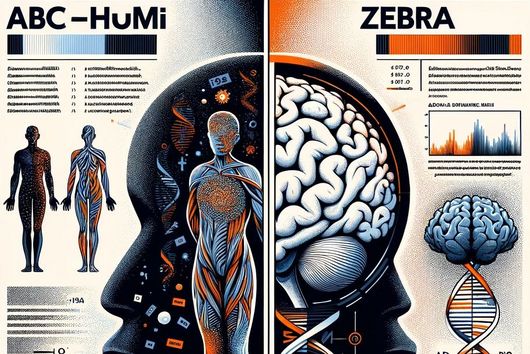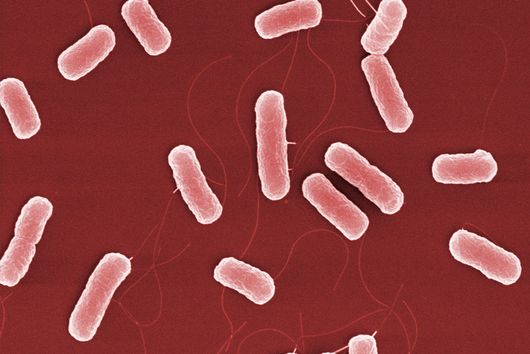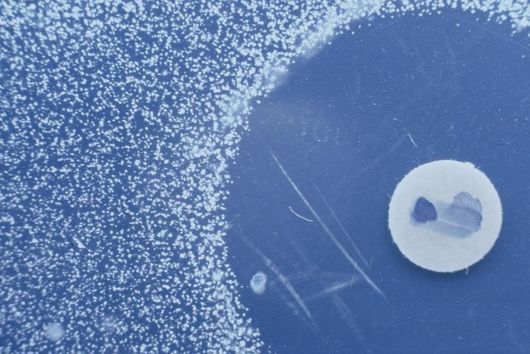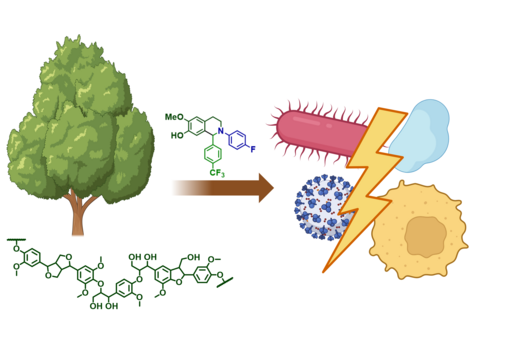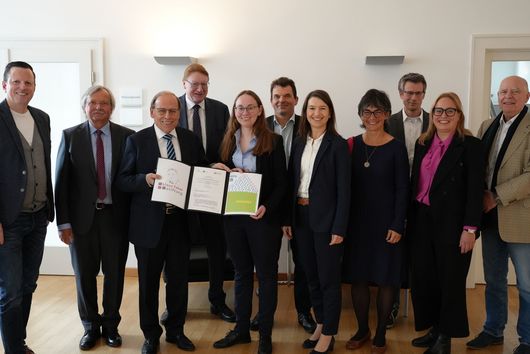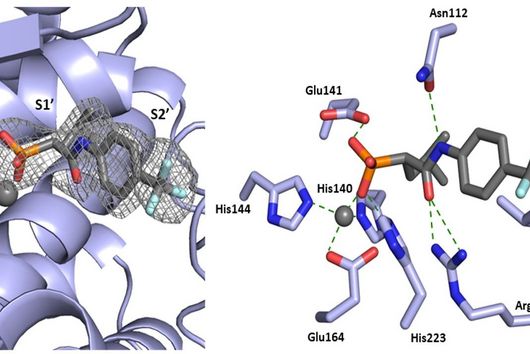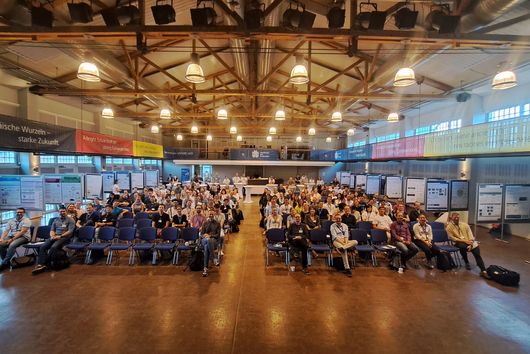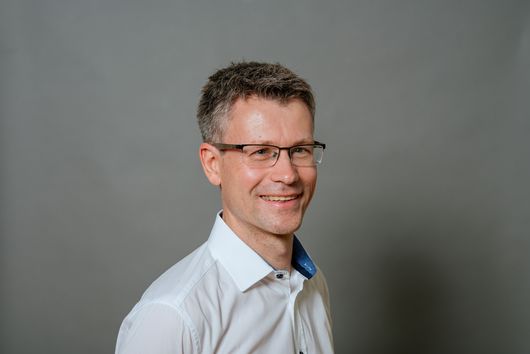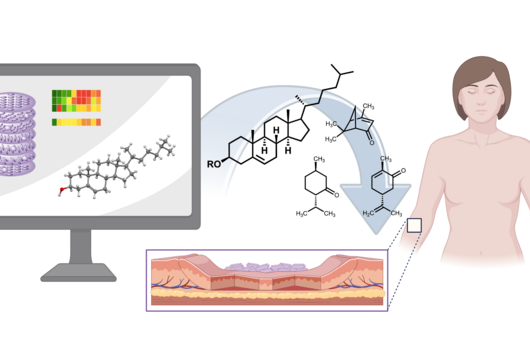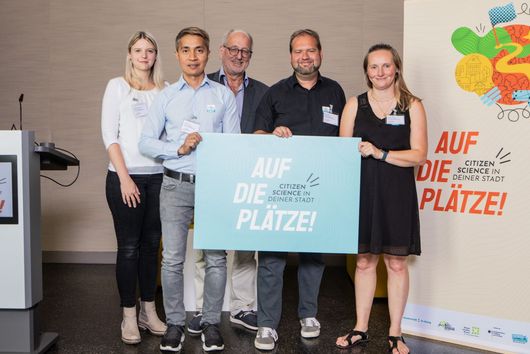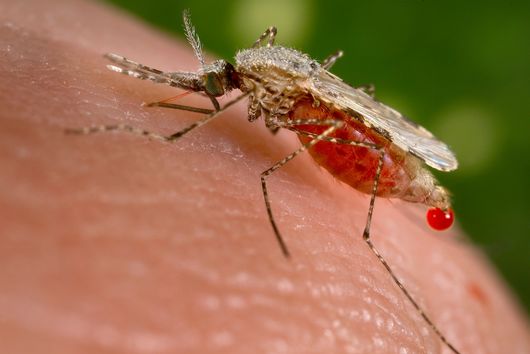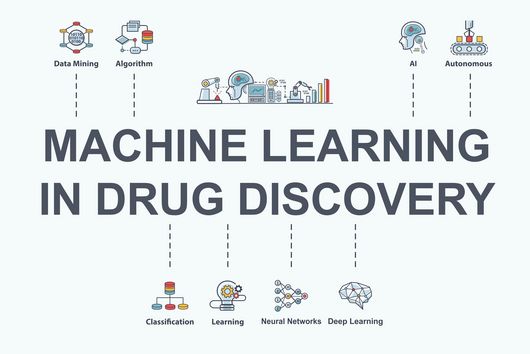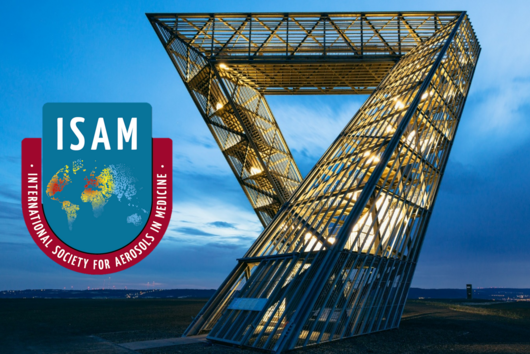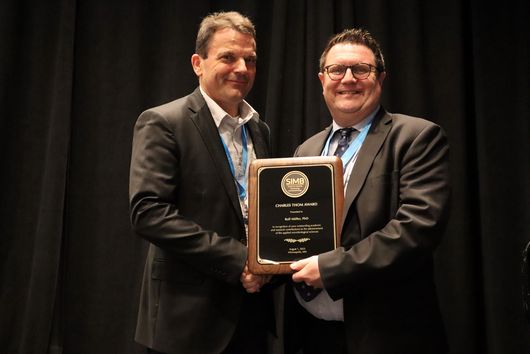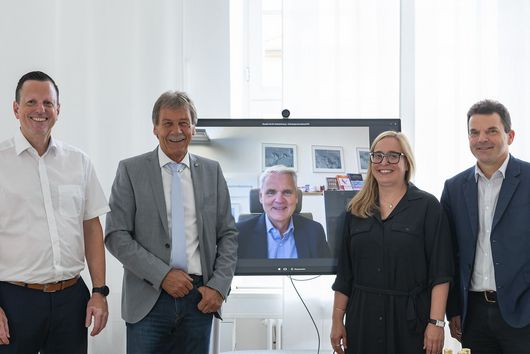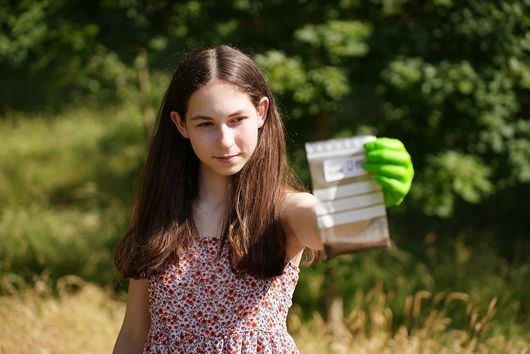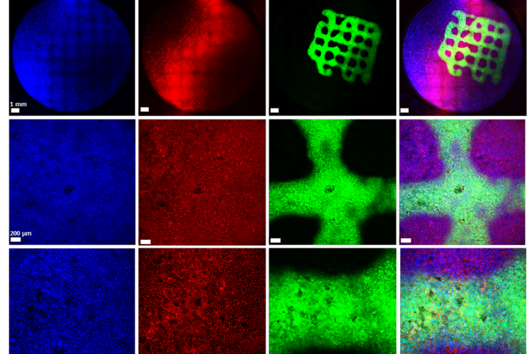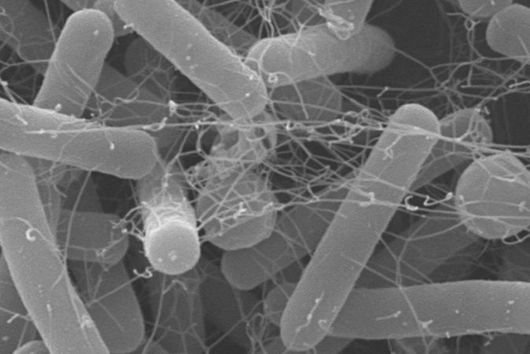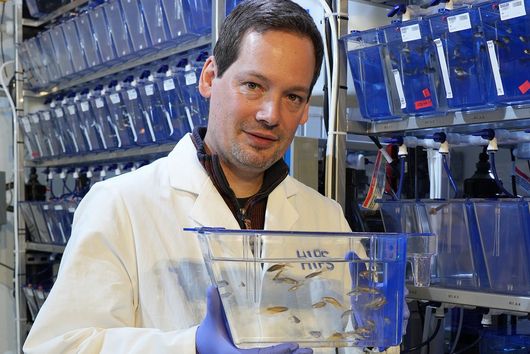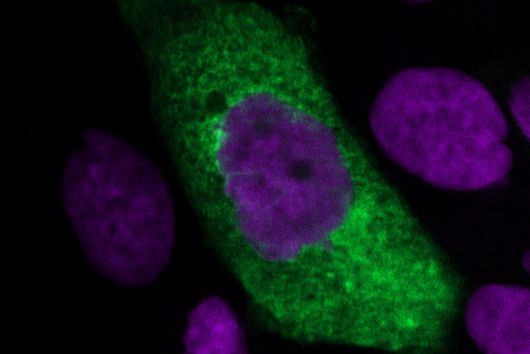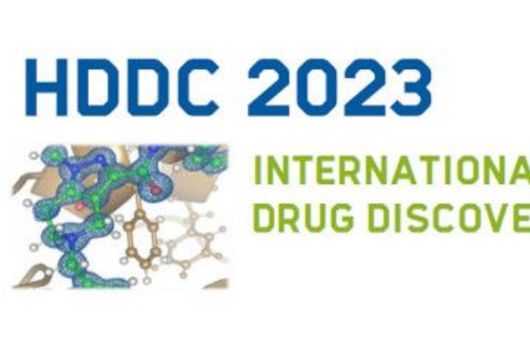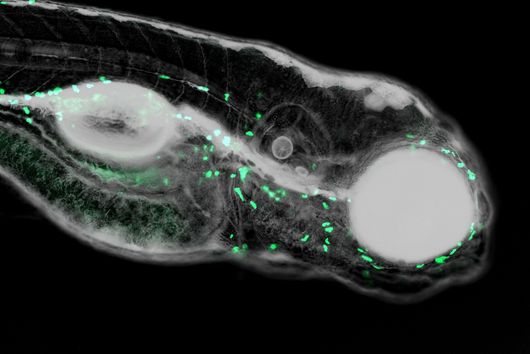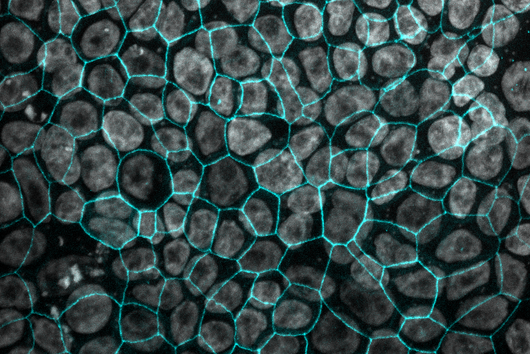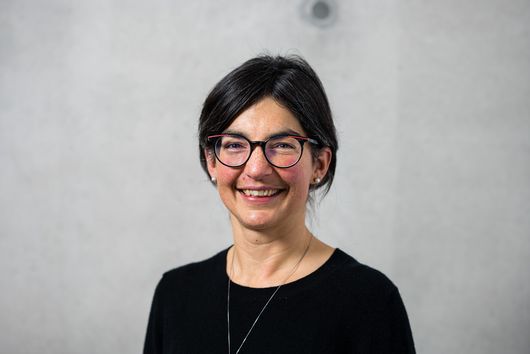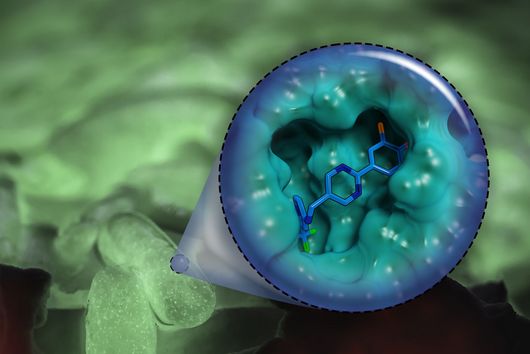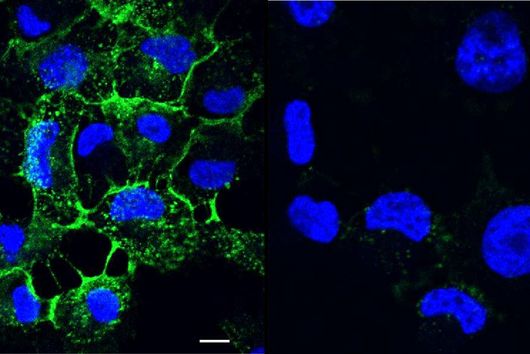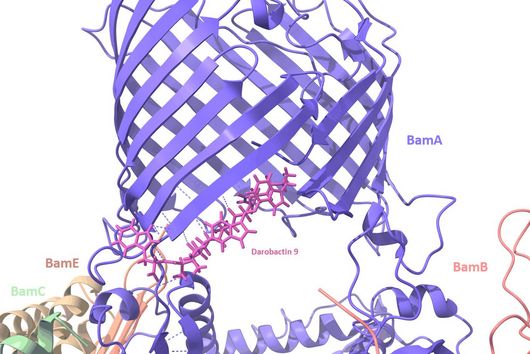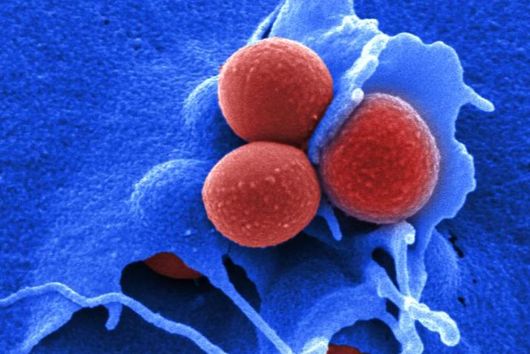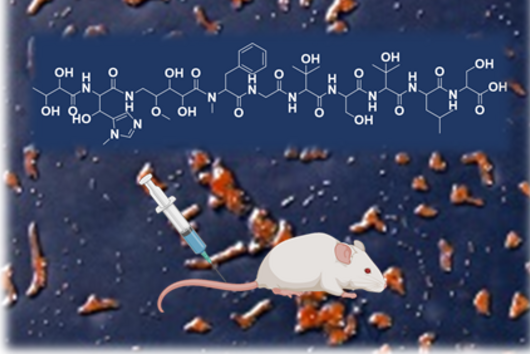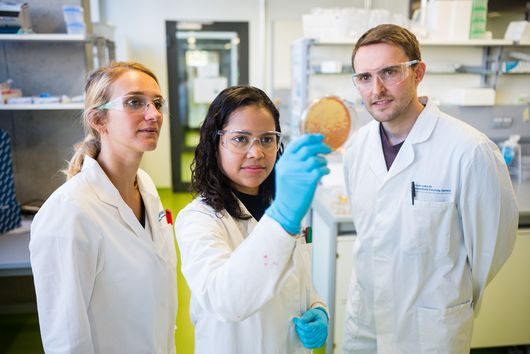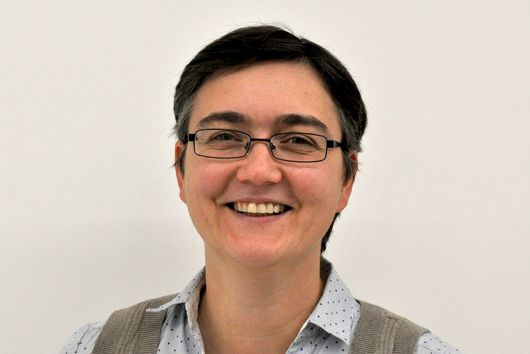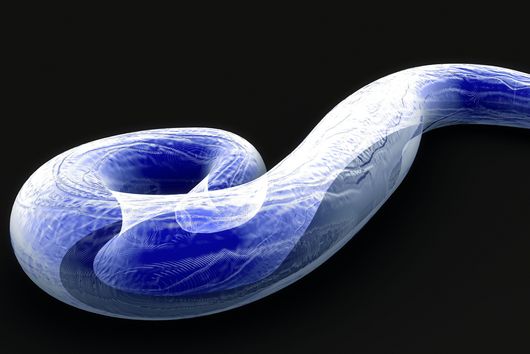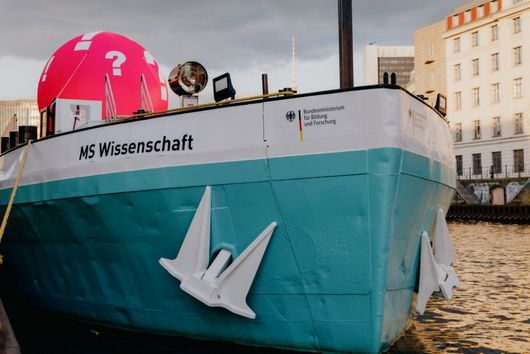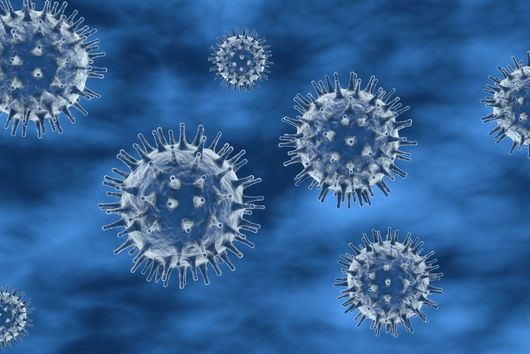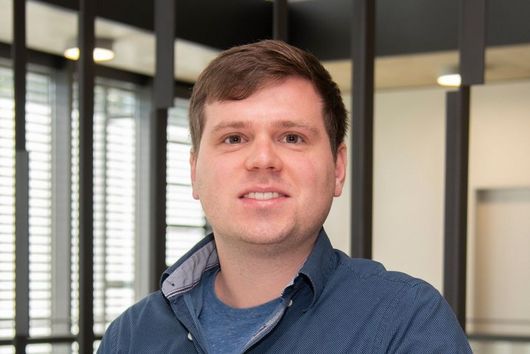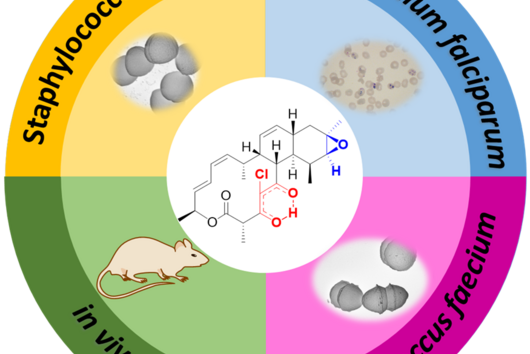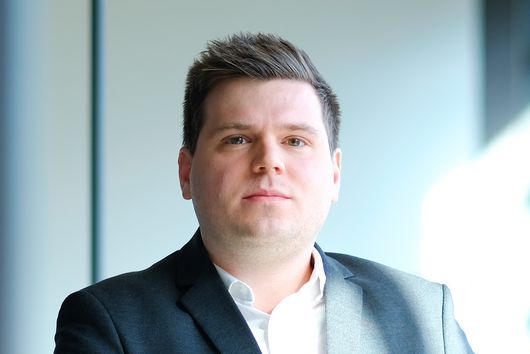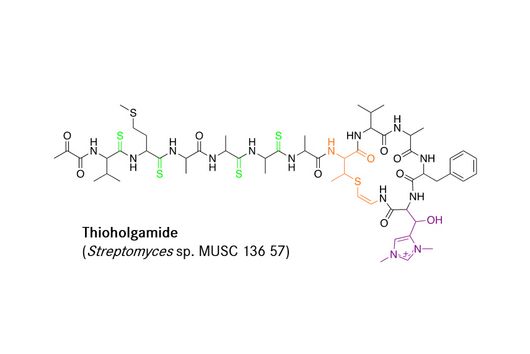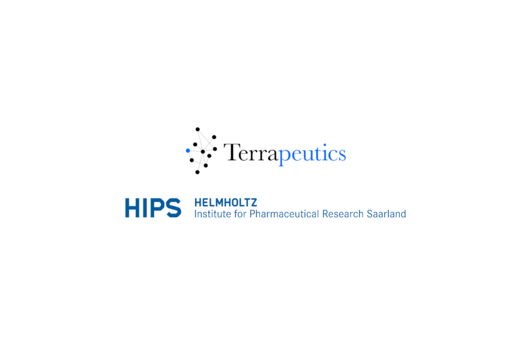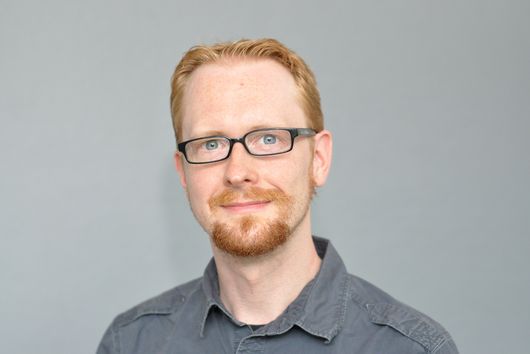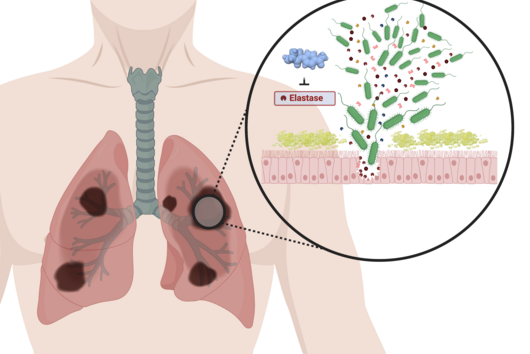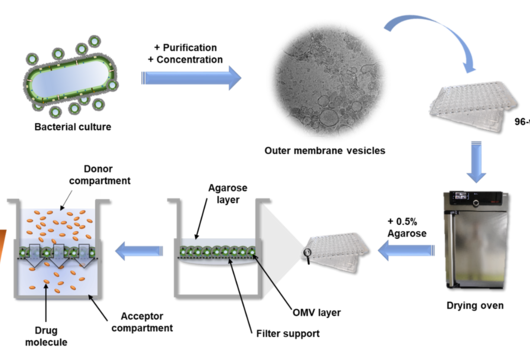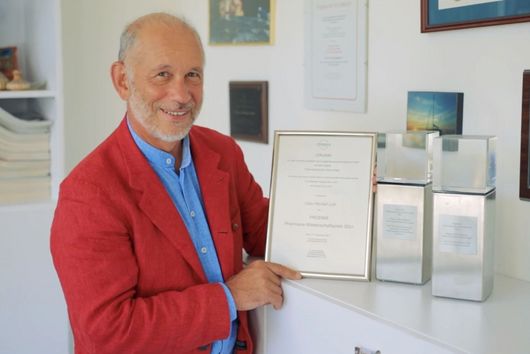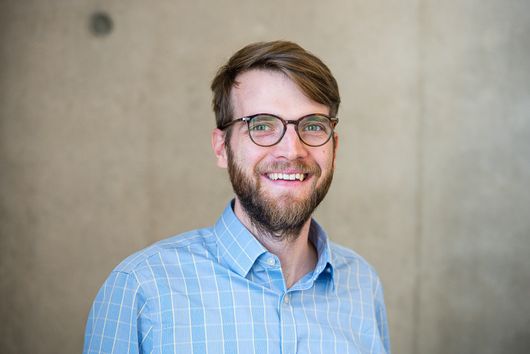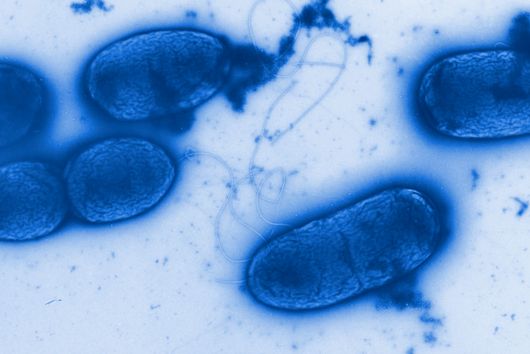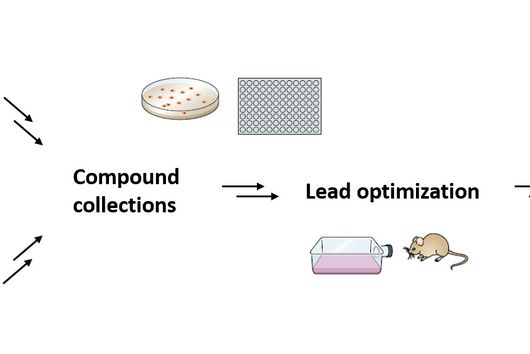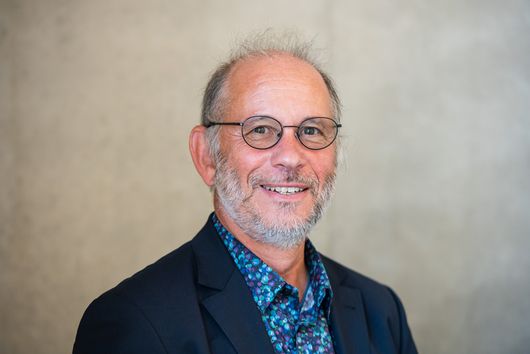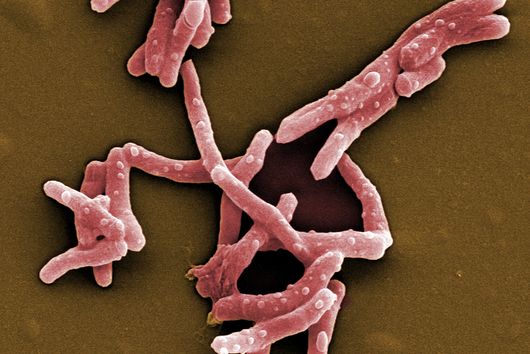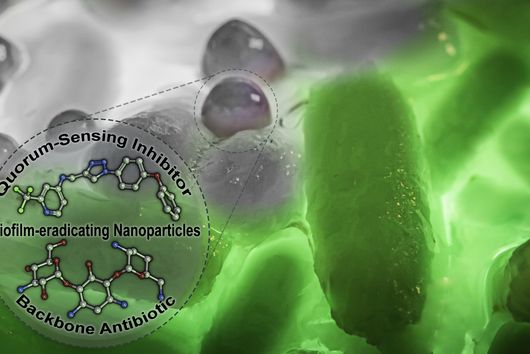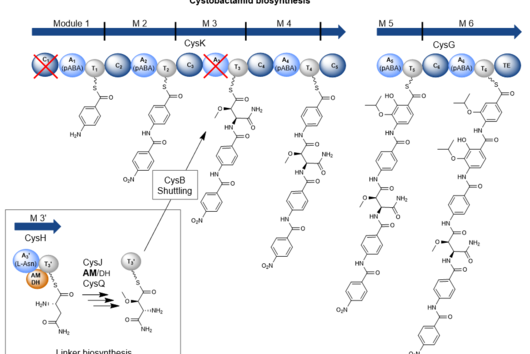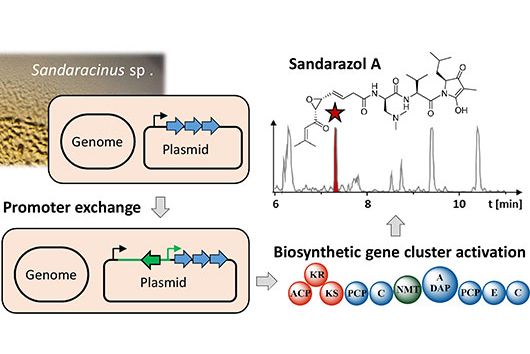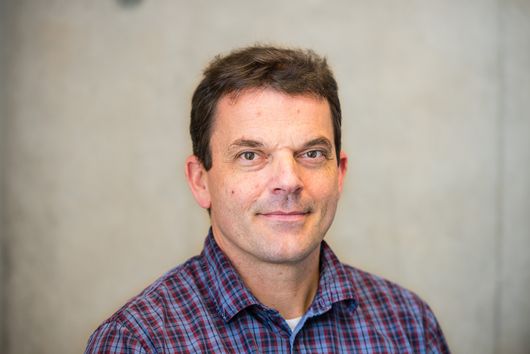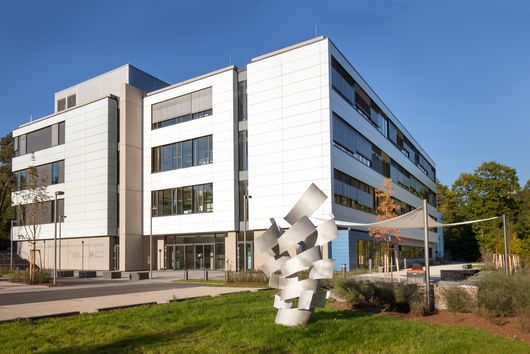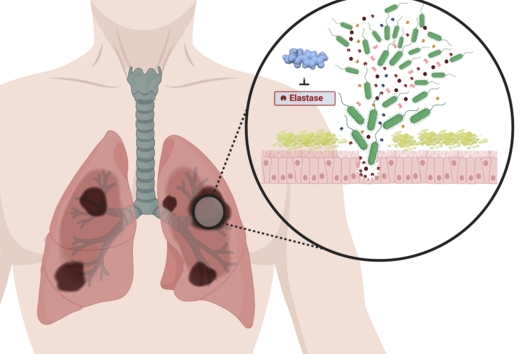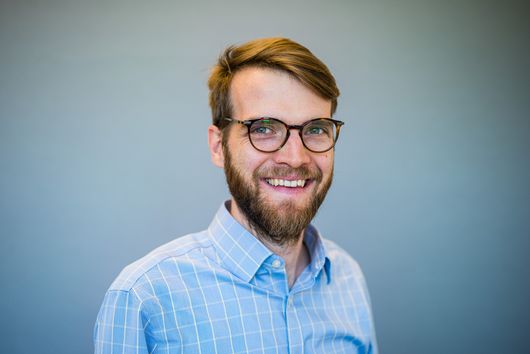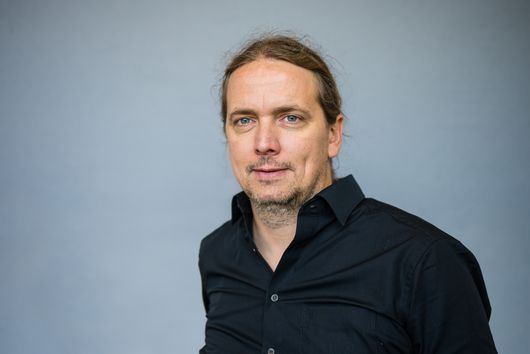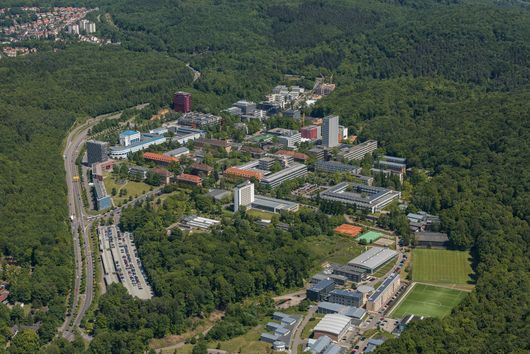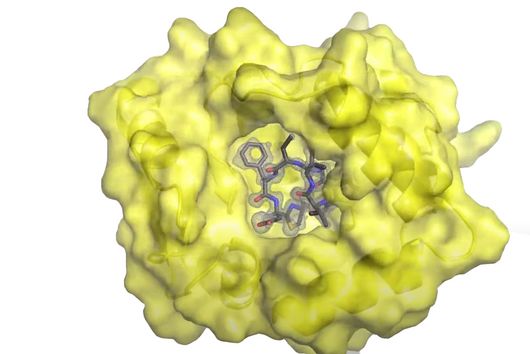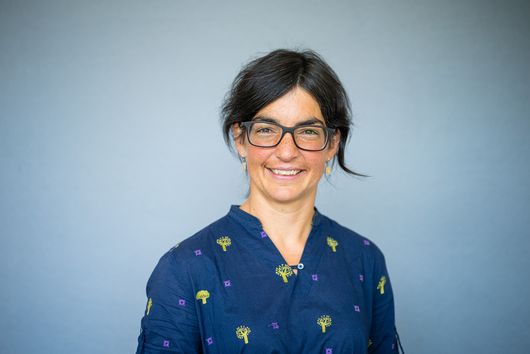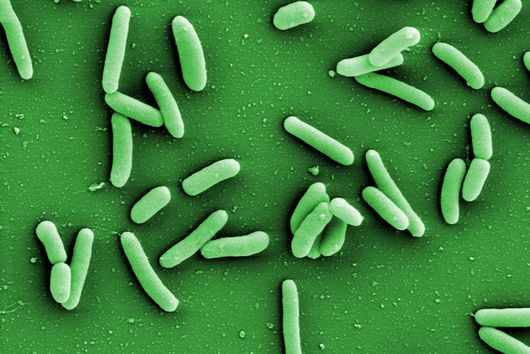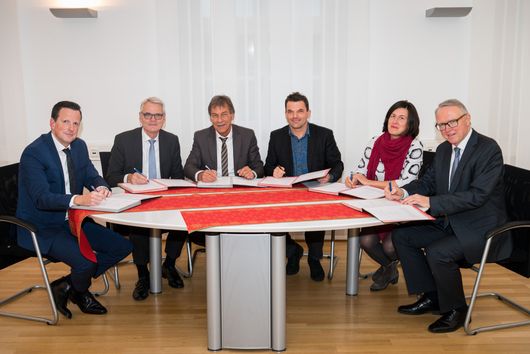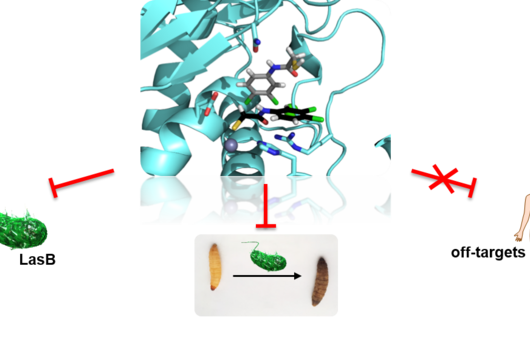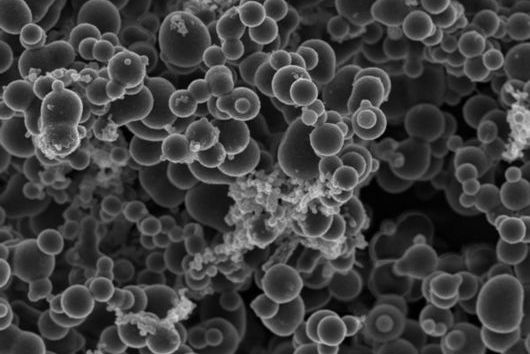Saarbrücken, February 12, 2024 - The German Research Foundation (DFG) and the German Council of Science and Humanities (WR) announced which proposals for new Clusters of Excellence will be invited to submit full proposals. Saarland University (UdS) has successfully cleared this first hurdle with its proposal "nextAID³ - Next Generation of Al-driven Drug Discovery and Development".
In the UdS focus area NanoBioMed, the nextAID³ cluster is planning new and innovative approaches for AI-driven drug research and development. In order to successfully combine experimental and computer-aided research, an interdisciplinary team of over 40 researchers has been put together for nextAID³. In addition to professors from the UdS and Homburg University Hospital, group leaders from Helmholtz Institute for Pharmaceutical Research Saarland (HIPS), the Helmholtz Center for Information Security (CISPA), the German Research Centre for Artificial Intelligence (DFKI) and the Leibniz Institute for New Materials (INM) are also involved in the application for the Cluster of Excellence.
As part of the three-person spokesperson team of nextAID³, HIPS-Scientist Anna Hirsch played a vital role in designing and coordinating the planned Cluster of Excellence. Together with university professors Andrea Volkamer, who is also affiliated with HIPS, and Martina Sester, she now has the task as designated spokeswoman of getting the full application for nextAID³ off the ground. "We are very pleased that our proposal for nextAID³ was successful in the first round and will now do everything we can to prepare a successful full proposal," says Anna Hirsch. "In recent years, the university, together with the local non-university research institutions, successfully build up a unique research ecosystem in the field of drug research in Saarland. This includes developments such as the joint research platform PharmaScienceHub, the Research Alliance Pharmaceutical Research Saarland and the EU-funded TALENTS graduate school. We want to build on these developments with nextAID³ and create even more synergies between the different disciplines natural sciences, medicine and computer science."
The team behind nextAID³ now has until August to prepare the full proposal and will receive all the support it needs from the university.
Background to the Excellence Strategy
The international panel of experts reviewed 143 draft proposals, 41 of which were selected for full proposals. These may now be developed into detailed full proposals by the universities by August. The full proposals will then be reviewed in parallel with the renewal proposals of the 57 Clusters of Excellence due for renewal. Following the announcement of the future Clusters of Excellence on May 22, 2025, their funding will start on January 1, 2026.
The federal and state governments intend to provide a total of around 539 million euros annually for the Clusters of Excellence funding line from 2026. This will fund up to 70 clusters of excellence for seven years, each of which will receive funding of between three and ten million euros per year.
Further information: Excellence Strategy of the Federal and State Governments:
https://www.exzellenzstrategie.de/
Joint press release of the German Research Foundation and the German Council of Science and Humanities: https://www.dfg.de/de/service/presse/pressemitteilungen/2024/pressemitteilung-nr-04
Website of the nextAID³ cluster project:
https://www.uni-saarland.de/forschen/nextaid3.html

